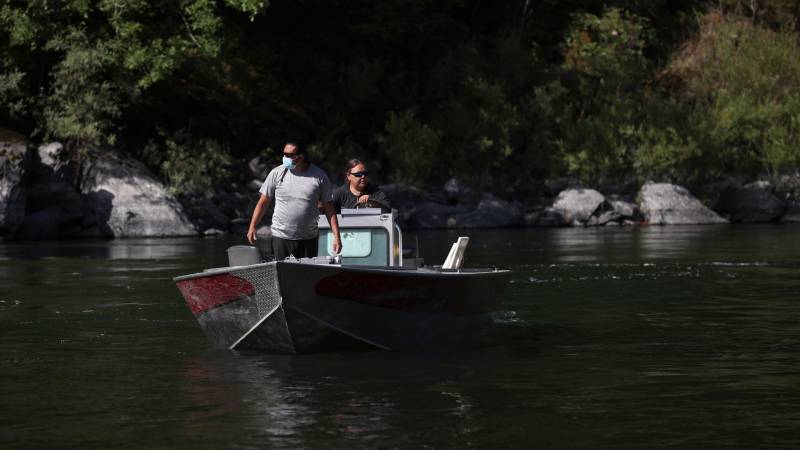Fish have a sacred role for the Klamath Tribes in the Klamath Basin, which spans part of Southern Oregon and Northern California. An 1864 treaty gives tribes the “exclusive right of taking fish in the streams and lakes,” but drought and poor water quality are killing the fish and causing a fight over resources between indigenous tribes and white farmers who were promised certain water allocations of their own. A new Fault Lines documentary by Al Jazeera called “When the Water Stopped,” delves into the different sides of the conflict that is fueled by climate change, decades of federal land mismanagement and racism. According to activist and Klamath tribal member Joey Gentry, “our water crisis still exists today because of racism against the tribe, and racism against the tribe exists, in part, today because of our water crisis.” We’ll talk with Gentry and environmental reporter Emma Marris about the ongoing conflict and what it will take to resolve it.
Ongoing Klamath Basin Water Conflict Fueled by Climate Change and Racism

Gilbert Myers (L) and Jamie Holt, (R) fisheries technicians with the Yurok Fisheries Department, use a boat to cross the Klamath River on June 09, 2021 in Weitchpec, California. (Photo by Justin Sullivan/Getty Images)
Guests:
Emma Marris, environmental writer and reporter, The Atlantic.
Joey Gentry, activist and tribal member, Klamath River Tribes
Sponsored